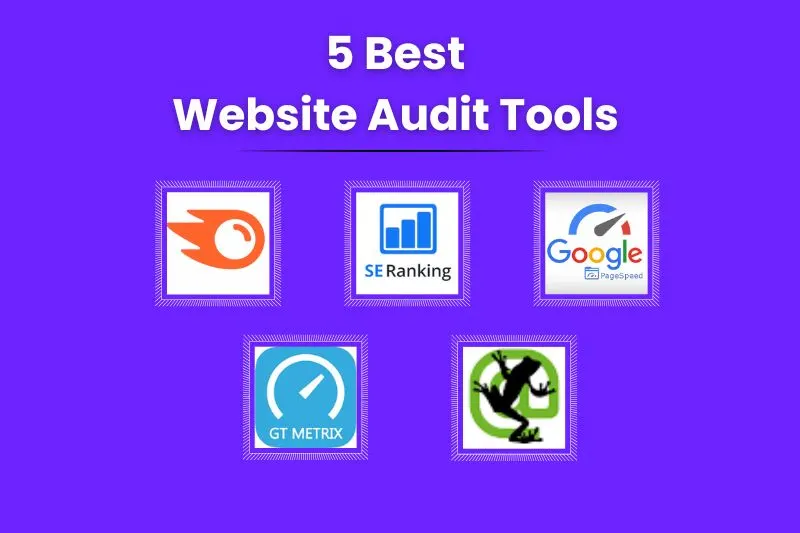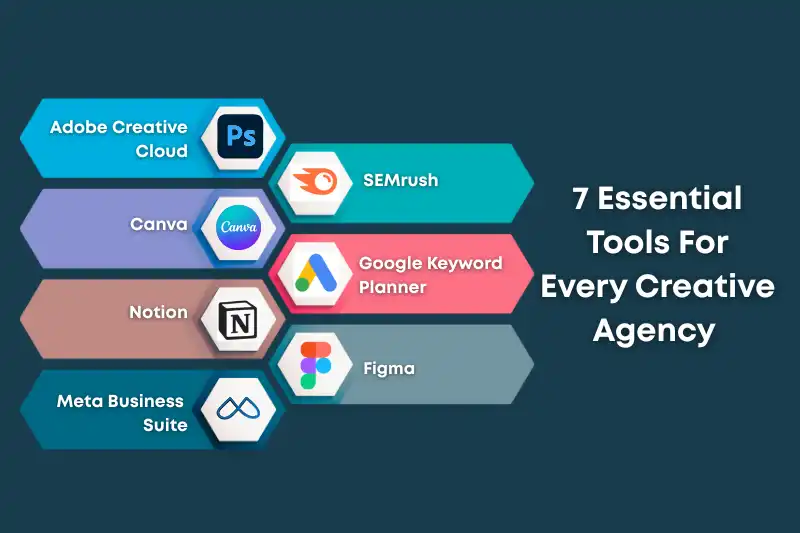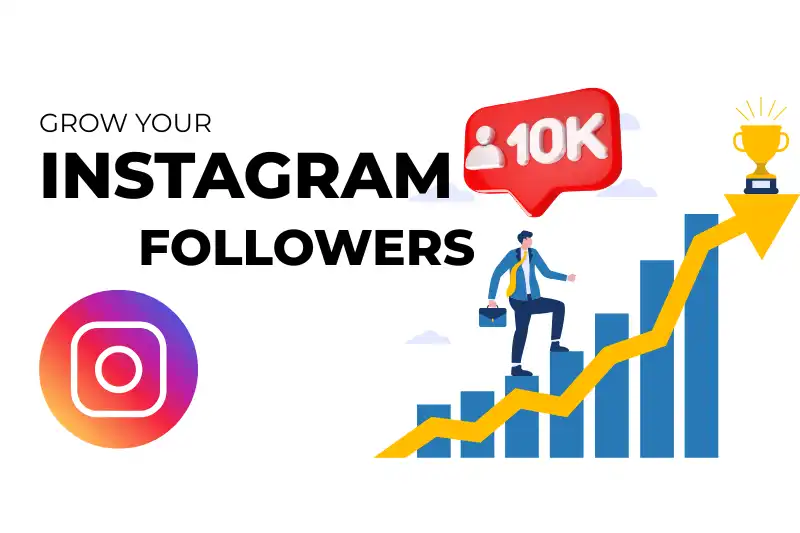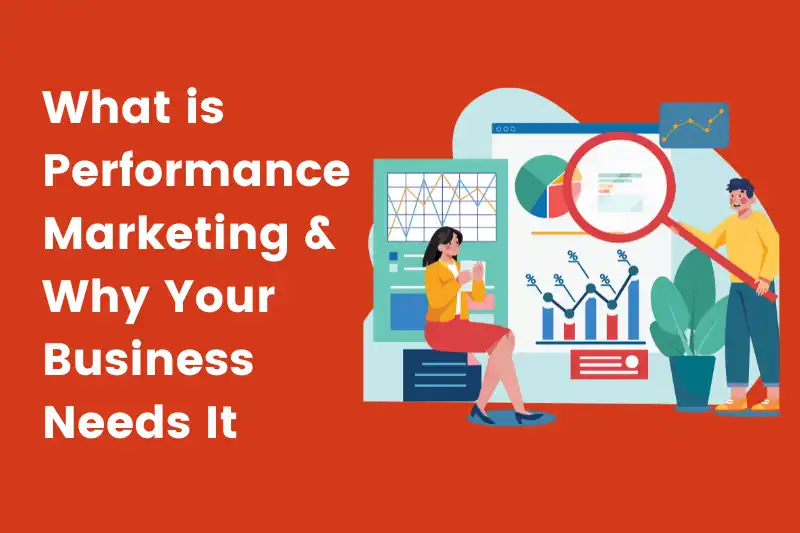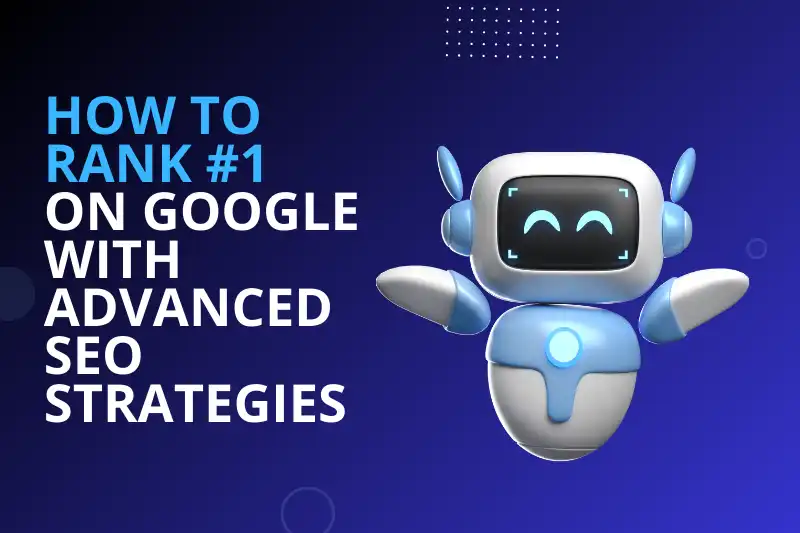What Are Search Engines?
Search engines can be described as systems whose primary functions are to conduct searches on the World Wide Web. They use the web in an orderly manner to look for specific information which is outlined in a textual web search query. The common search engines that people use today are Google, Bing, Yahoo, and DuckDuckGo.
Also, Read- 5 ways to optimize your brand for e-commerce success
How Do Search Engines Work?
Search engines perform three primary functions to provide relevant results to users:
1. Crawling
Crawling is the process by which search engines scan the internet for new and updated content. They use automated bots called spiders or crawlers to visit web pages and follow links. These crawlers collect data about the web pages, including text, images, videos, and links.
2. Indexing
Indexing is another major stage in the functionality of the search engine, where all the information gathered through crawling is stored in a huge database. The index is actually a huge database that search engines can easily access to provide the required information in response to queries made. When indexing, search engines look for relevant content and its relation to other pages, using parameters such as keywords and tags, as well as the context.
3. Ranking
Ranking simply refers to the position that particular search results occupy on the various SERPs developed by the search engines. If the user types in a keyword, the search engine ranking process turns the web pages based on the level of relevance, quality, and intention. It is a quest of rendering the best results that answer the user’s query.
Must Read This- 8 Best SEO Tips for Educational Websites
Factors Affecting Search Engine Rankings
Search engines’ ranking techniques entail the use of many algorithms. While the exact algorithms are proprietary, several known factors influence rankings:
Keywords: Keywords’ relevance and their placement on the actual content, titles, meta descriptions, etc.
Content Quality: Original, systematic, and relevant information attracts search engines.
Backlinks: Backlinks from other sites that feature reliable sources linked to your site are very helpful in ranking.
User Experience: The time taken to load a page, the usability of a site on a mobile device, and how simple it is to find what one is looking for influence the website’s ranking.
On-Page SEO: They can identify meta tags, headers, and image employment to ensure they have appropriate qualities for use.
Technical SEO: This includes features such as XML sitemaps, robots, images, animations and videos, PDF files, MS Office documents, ZIP files, text files, and secure HTTPS connection.
User Engagement: This is the information that reflects the visitor’s behavior on the website, including the click-through rates, bounce rates, and time spent on the site.
How Search Engines Affect Your Website
Understanding how search engines work can significantly impact your website's success. Here are some ways they do:
1. Visibility
The more your website is ranked in the SERPs, the more traffic you experience due to the awareness raised. Studies show that the first links receive most of the traffic, making visibility vital to experiencing improved rankings.
2. Traffic
Coming through the search engine, organic traffic is usually the most desirable for a website. It is more specific and usually better than other referral sources concerning the number of click-throughs.
3. Credibility
Websites that have higher ranking are always considered to be more believable and reliable. People usually rely on the judgment of search engines, and visitors look at the top-space results as valuable sources.
4. User Experience
Search engines rank those sites that have better usability. SEO also has the function of enhancing a site’s usability, and speed, to guarantee users’ satisfaction.
5. Competitive Advantage
Knowing what SEO is and how it works can place any firm at a vantage point. By ranking higher than your competitors, you can have more potential customers as compared to a few competitors occupying most of the market share.
Conclusion
In today's digital landscape, search engines reign supreme as the gateways to information. However, simply having a website isn't enough. Unlocking its full potential requires understanding how search engines work and the ranking factors that determine visibility. By harnessing the power of SEO with Being Addictive, the best marketing Pune agency, you can transform your website into a magnet for visitors, enhance their user experience, and achieve long-term success. So, invest in SEO and watch your website flourish in the ever-evolving digital world.






